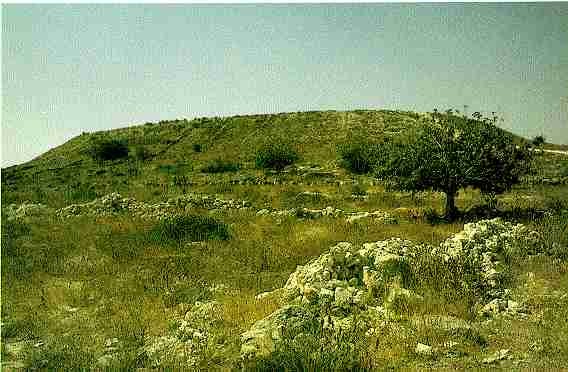Good morning! It is almost time to think we can rest; only to find out we have a family that desires our attention, time, love, and, most of all, our vehicles for transporting them.
Good morning! It is almost time to think we can rest; only to find out we have a family that desires our attention, time, love, and, most of all, our vehicles for transporting them.
This was what happened, sort of, to David in 1 Samuel 30.
1 Samuel 30
David returns home, as Achish had suggested. His home was in Ziklag. When he returned, Saul’s sin was there to greet him. He might have thought he was returning home to rest. However, he found the Amalekites. In 1 Samuel 15 we learned that Saul did not utterly destroy the Amalekites. Because of Saul’s inability to completely obey the Lord, David’s army is greeted with a destroyed town, missing families, and potential death.
When we do not rid ourselves of sin or allow something to remain in our lives that God has commanded us to get rid of (sins, which could include people), we and those around us can become ensnared by them once again. What is it that you see you need to get rid of in your life now to be free from its presence, power, and potential harm in the future?
David, before going into battle, does what we should do when we are presented with trouble in our lives, he prayed for God’s direction. David did the same thing in 1 Samuel 23.2-9, it was here that Abiathar joined David’s group. David’s army splits into two groups. Four hundred follow him into battle, while the other remaining two hundred stay at Wadi Besor to rest and prepare themselves for later. The Wadi Besor is a creek bed south of Ziklag. The exhaustion of the two hundred should have been expected. They traveled fifty miles from Aphek, found their town in ruins, then traveled 12-15 miles to Wadi Besor without supplies or rest.
God provides David with an abandoned Egyptian servant of the Amalekites. When he became sickly, the Amalekites deserted him. When David found him, he nursed him to health. It appears as though David has a kind heart. Deuteronomy 23.15-16 gives instruction not to return runaway slaves to their former masters. I wonder how this would have played out in the South during the 1800s.
When David finds the Amalekites, they are celebrating what they had done. David waged an attack on them, and suddenly destroyed all of them (1 Thessalonians 5.3-it applies to the end times but can be applied here and elsewhere when we place our security in the things of this world). All that had been taken from Ziklag and the other places they attacked, was restored (verse 19).
David reinstitutes an old principle, which is to divide the spoils with all those involved not merely those who fought (Numbers 31.26-27). David then sends some of the gain to “his friends” in Judah. The cities listed, particularly Hebron, will play an important role when David returns to Judah as king.
How faithful are we to what God has commanded us? Do we utterly destroy the things He commands us to rid ourselves of or do we hold on to a memory of them? Do we share what God has blessed us with or do we keep it for ourselves? Do we reach out to those who are our friends, even though they may have hurt us in the past?
The crux of this passage can be missed quite easily. Return to verse 6. David was in danger. What did he do? He went to God for strength (Isaiah 40.29-31). When you are tired, weary, burdened, to whom do you turn (Matthew 11.28-30)?
